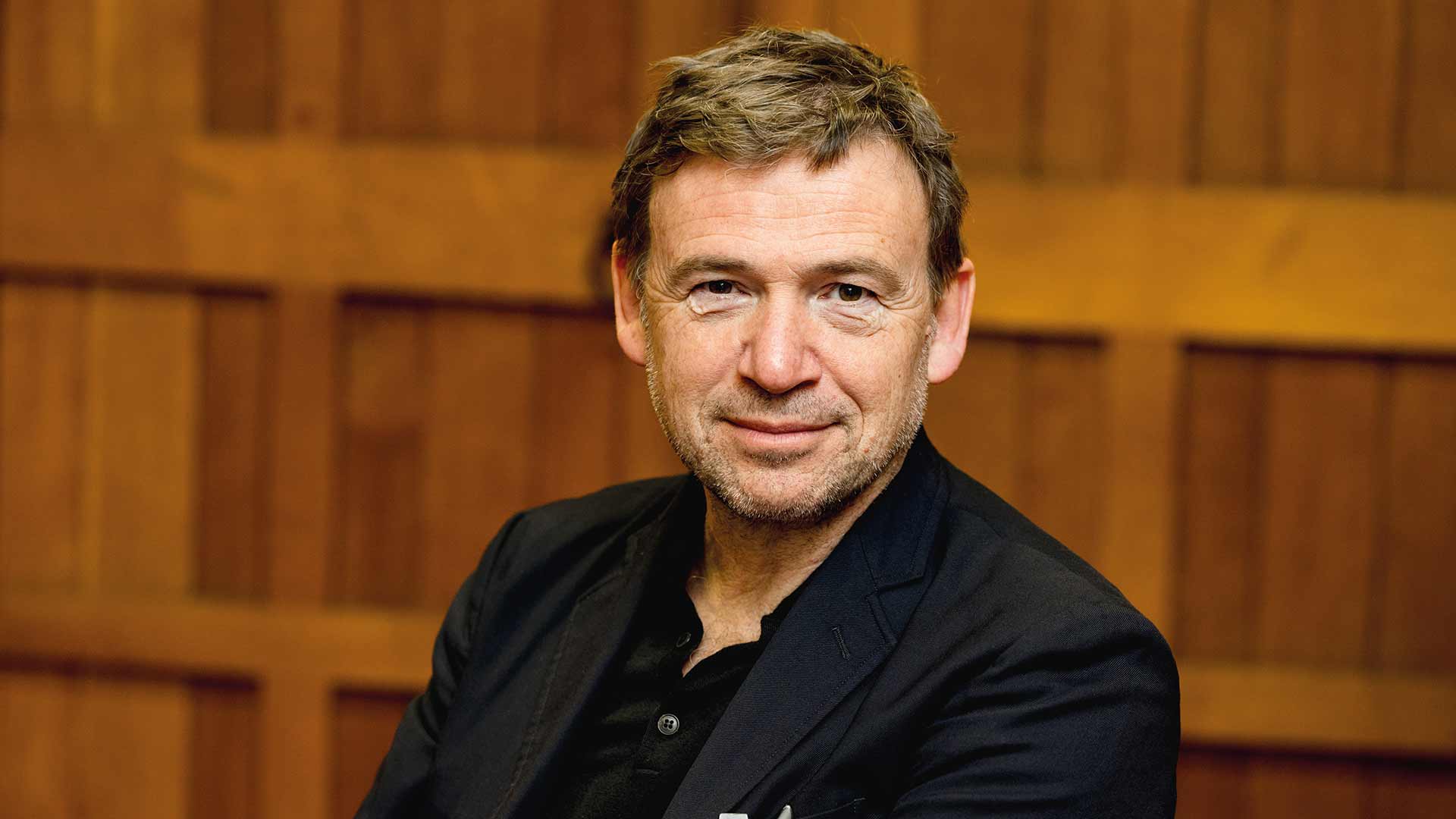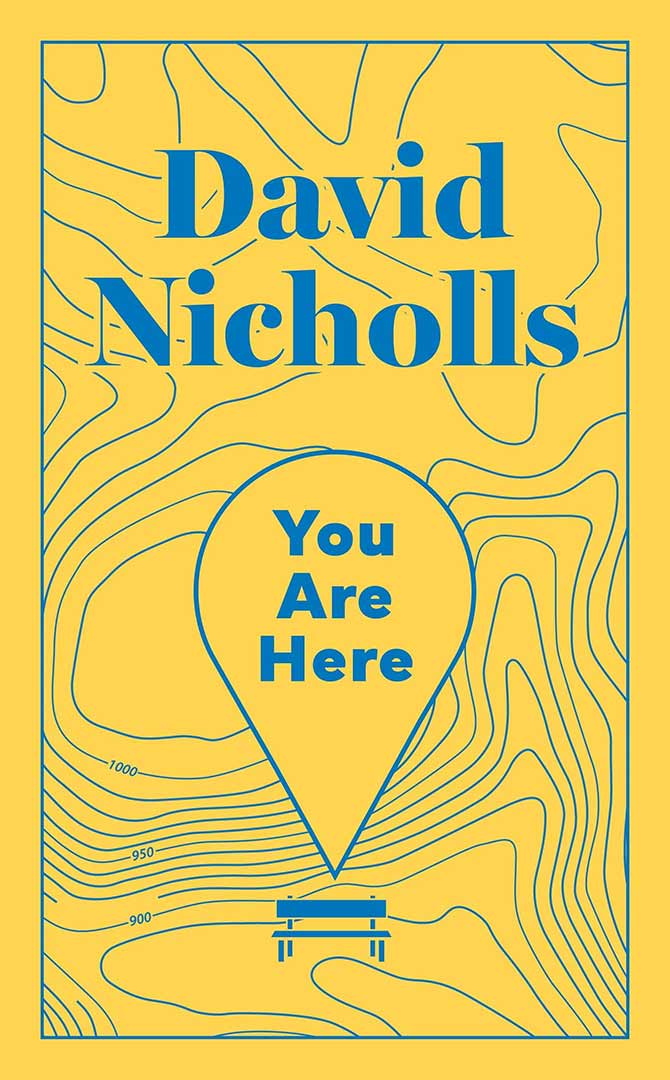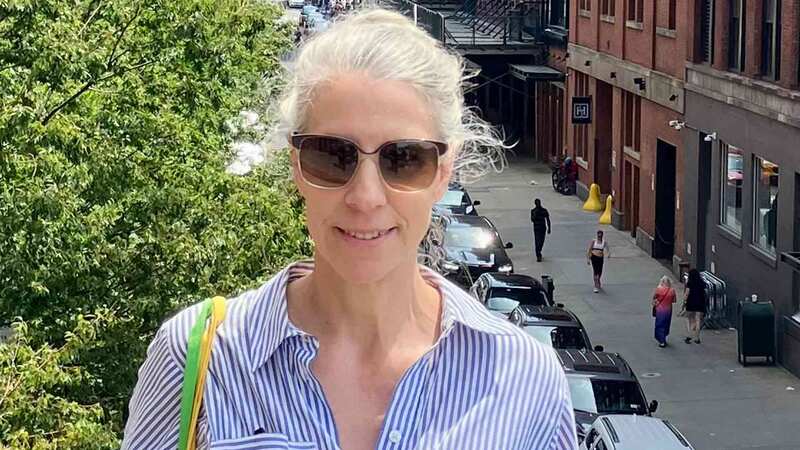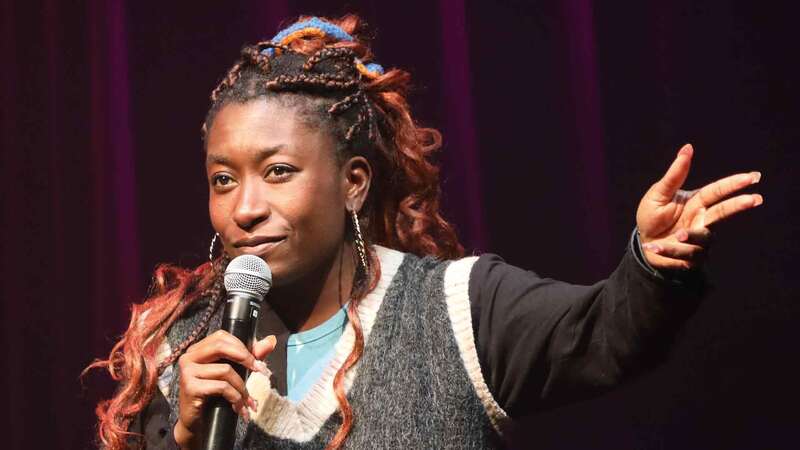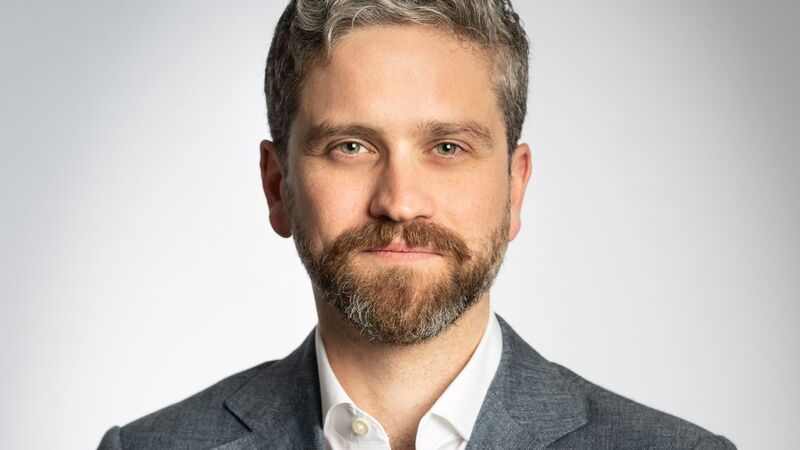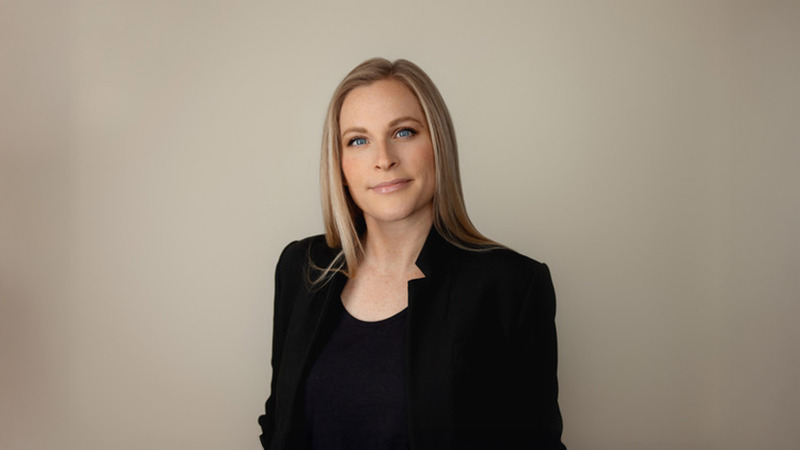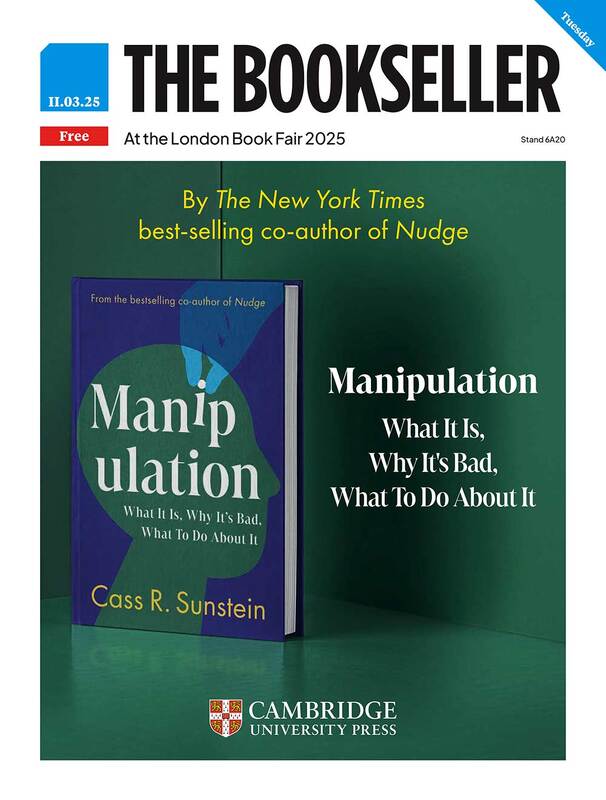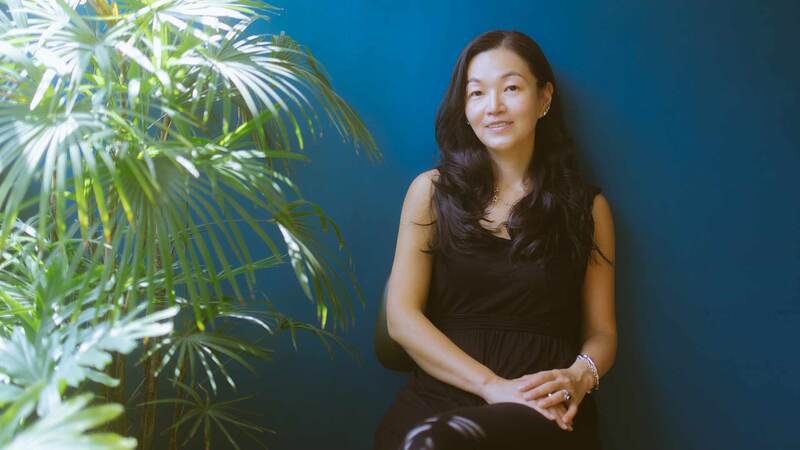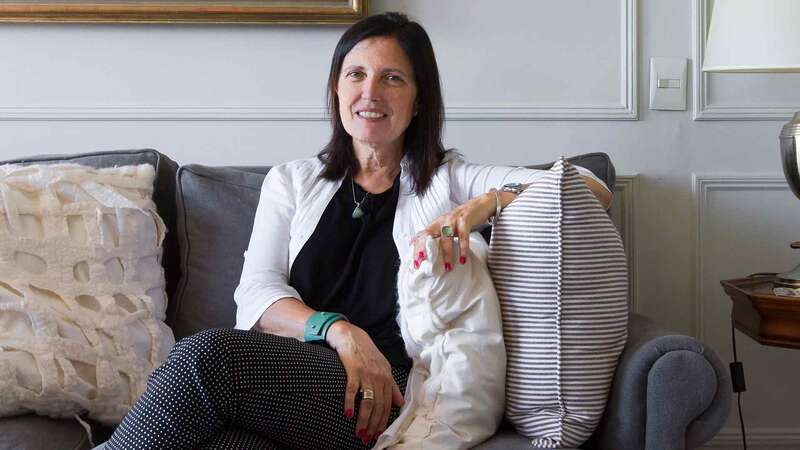You are viewing your 1 free article this month. Login to read more articles.
David Nicholls: ‘Books belong to the time you write them—there’s nothing you can do about that’
David Nicholls shares the roots of You Are Here and how the Netflix adaptation of his novel One Day has brought him a new audience
David Nicholls is as enthusiastic as ever the day I meet him on a grey Monday afternoon in a pub nestled in the Inns of Court, though his hoarse voice reveals the extent of his nine-month publicity campaign for You Are Here (Sceptre).
His sixth novel, it is also his biggest-selling hardback release ever: shifting 93,000 copies, according to Nielsen BookScan records—nearly three times as many as his previous book Sweet Sorrow in 2019. This year is his biggest year of sales ever. Readers and critics alike have been captivated by the story of geography teacher Michael and freelance editor Marnie connecting on a spellbinding-cum-treacherous walk across northern England.
Earlier this year there was also the successful Netflix adaptation of One Day (Hodder & Stoughton), for which Nicholls wrote the screenplay. Touted by the BBC as “note-perfect”, the series boosted the 2009 novel from selling 2,000-odd copies to around 155,000 year-on-year, accompanied by a halo effect across his other four paperbacks (Starter for Ten, The Understudy, Us and Sweet Sorrow, all published by Hodder & Stoughton). No wonder David Shelley, Hachette’s chief executive, recently hailed 2024 as “the year of David Nicholls”.
Of course, Nicholls is as self-effacing as ever. Twenty-one years since his début, why has You Are Here resonated so powerfully with readers? “I’ve been wondering that myself,” he says thoughtfully. “The timing and how it dealt with loneliness, that’s all been on our minds since lockdown. The first draft was much more of a lockdown book… so even though we cut back on that a lot it’s still woven into the novel. Something about the tone of the novel, it’s the warmest thing I’ve written, gentle… People always say my work is so warm and gentle, I always think they’re really dark and tough [laughs] and angsty, but I recognise there’s an optimism to it.”
Like Us or One Day, Nicholls again embraced the “security of the framework” in You Are Here, this time exploring the stages of a relationship while the characters navigate the terrain of Wainwright’s coastal walk. But while he “wanted it to be a very short novel and to be 60,000 words, it stretched to 80,000… One Day was 130,000”. Following the nine months of writing the first draft, Nicholls says: “It was very thoroughly edited by me, sentence by sentence. Because it was shorter, I was concentrating harder and working line by line and enjoying that way of working.”
The 58-year old is an exhaustive editor of his own work, typing out the second draft all over again while encompassing the editorial notes. He worked intensively with his new editor, Sceptre executive publisher Federico Andornino, after moving across to the more literary imprint from the main Hodder & Stoughton list, after his previous editor Nick Sayers retired. Nicholls would visit the Hachette offices each day as he and Andornino went through the manuscript line-by-line, workshopping the second half of the novel intensively, in particular the many possible endings for Marnie and Michael.
Nicholls says his new editor helped by making sure “there wasn’t too much geography, that things happened, that the book was eventful and that the ending worked”.
Andornino tells The Bookseller separately that while he was initially “apprehensive—as you normally are when you have to work with an author who is so phenomenally successful” it became the “best editorial experience I’ve had in my career”. Curtis Brown c.e.o. Jonny Geller also praises his long-time client’s work ethic, telling The Bookseller: “His screenwriting brain helps enormously with his editorial abilities and his understanding of the importance of many drafts.”
As well as the editing process, Nicholls is grateful to his publisher for its steadfastness in the early years. The interview takes place days after the Frankfurt Book Fair and Nicholls recognises how there is more pressure for débuts now to be an instant hit. “As someone who’s on their sixth novel and had their ups and downs, I’m aware of how privileged and lucky I have been, and what a shock it can be for début writers—all the reality of that world, and that new voice and when the book doesn’t quite take off, it’s a shock.
People always say my work is so warm and gentle, I always think they’re really dark and tough and angsty, but I recognise there’s an optimism to it
“I’m lucky I had this other job as a screenwriter, also lucky to have a publisher who can ride out the ups and downs. The Understudy [published in 2005] didn’t do very well but they were prepared to stick with me and then obviously One Day did very well, so I am concerned for those who don’t find their way until their third novel, which might be the one where they find their voice and readers discover them. I feel for new voices and recognise I’ve been lucky to have been supported through the ups and downs of my career.”
Continues...
Nicholls is famously supportive of other writers but says he struggles sometimes because he’s a “slow reader” and it takes about a fortnight for him to read one. “The to-be-read pile is a source of some guilt and shame.”
The former actor and script editor tries to focus on the writing itself rather than the publishing industry hype. “I am aware of [it] but I try to focus on the draft, take breaks from social media, keep my private life very private and my work hours very strict. The best thing for me is to disappear for three or four years and then come back.”
While he is generally a big fan of social media, he also struggles with its scrutiny and competition. “Every so often I’ll be copied in on a three or even a one-star review and I’ll think I don’t really need to see that… There was a point when I did get very distracted and anxious and worried about [what] people were saying and the reviews… Writers are not immune to envy and the anxiety about whose events are larger and who’s got the biggest signing queue, and social media can really feed into that.”
Nicholls avoids social lunches so he can concentrate on the writing, working nine to five across various sites including the British Library, London Library, Barbican and his own house in north London. “It does get lonely,” he concedes. “And that’s part of what led me to reach for social media to the point I had to go out—I’m not on Twitter much now and have all sorts of software to block it.”
His most negative response in the interview comes as we discuss AI, an ever-hotter topic in the industry. “To me there’s a tang to AI that’s really horrible, it’s really nasty. It’s like strawberry flavouring, it’s nothing like strawberry at all… I am resistant to it. I’m sure it will get harder and harder to distinguish between human voice and AI but certainly in the creative world I am actively turned off from it,” he adds. “It’s not even amusing to me, it’s horrible.”
Luckily for this publication, Nicholls reserves his most fulsome enthusiasm for booksellers, having come to know many personally after seeing the same faces pop up on the tour. Once a Waterstones bookseller himself in the mid-90s in Notting Hill, he says: “I sold a copy of Rilke’s Collected Poems to Julia Roberts with her bodyguard one afternoon… post ‘Pretty Woman’… that was a thrill.”
And he is still grateful for his most famous work, One Day, describing a “third wave” of readers finding him, as his son and daughter’s generation discover it through the Netflix adaptation. Though he is less positive about the text itself. “One Day would probably be 20,000 words shorter—there’s a lot [of] satire about ’90s Britain that I’m not interested in now. I’d try to be more frank about sexual relationships because it is a love story… there are things to say. I’m reading Intermezzo [by Sally Rooney] and The Wren, The Wren [Anne Enright]—and these are people who are very smart about sex and love, I would give myself the note to be more frank on that.”
However, he concedes that his modern-day edits would not make it more popular. “There is a gaucheness there that I probably don’t have now, a high emotion to it that probably isn’t in my voice now but probably makes it work,” he says. “A more muted, subtle, melancholy version wouldn’t work now. Books belong to the time you write them—there’s nothing you can do about that. It’s a good thing.”





